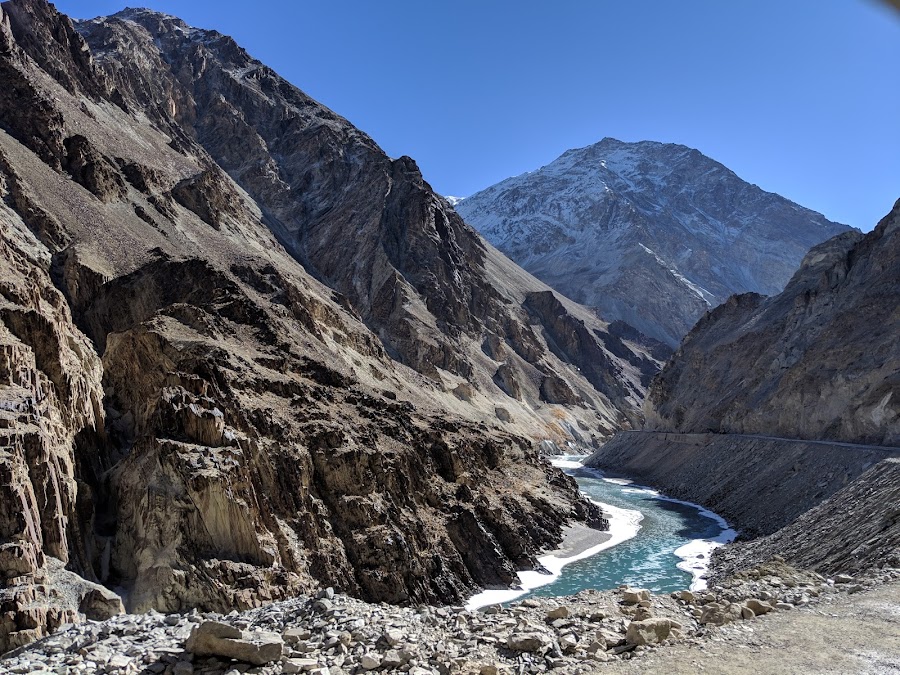
Zanskar Valley
Kargil, India
- Camp under the stars
- Experience the Chadar Trek (winter)
- Explore Padum village
- Immerse in local culture
- Photograph the stunning landscapes
- Raft the Zanskar River
- Trek to Phuktal Monastery
- Visit Karsha Monastery
Known for:
Description:
Zanskar Valley, a remote and breathtaking region in the Kargil district of Ladakh, India, is known for its dramatic landscapes, rugged mountains, and pristine rivers. The valley is carved by the Zanskar River, a tributary of the Indus, and offers stunning views of snow-capped peaks, deep gorges, and ancient monasteries perched precariously on cliffs. The region is sparsely populated, with small villages scattered throughout the valley, offering a glimpse into traditional Ladakhi culture and Buddhist heritage. Zanskar is a haven for adventure enthusiasts, offering opportunities for trekking, river rafting, and exploring the unique frozen river trek (Chadar Trek) during winter.
History:
Zanskar has a rich history intertwined with Buddhism and the ancient kingdoms of Ladakh. The valley was once a significant trade route connecting Ladakh with Tibet and Kashmir. Buddhism flourished in Zanskar from the 10th century onwards, with numerous monasteries established, preserving ancient Buddhist texts and traditions. The region's remote location and challenging terrain helped preserve its unique culture and heritage, relatively untouched by outside influences until recent times. The Zanskar Valley remained largely isolated until the late 20th century, when roads began to connect it to the rest of Ladakh, opening it up to tourism and the wider world.